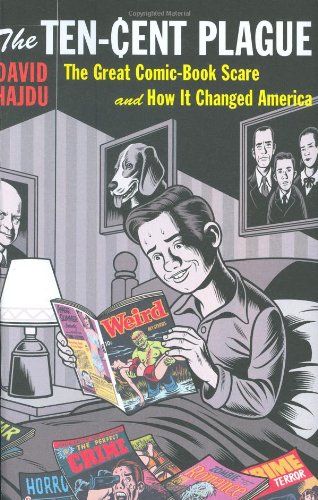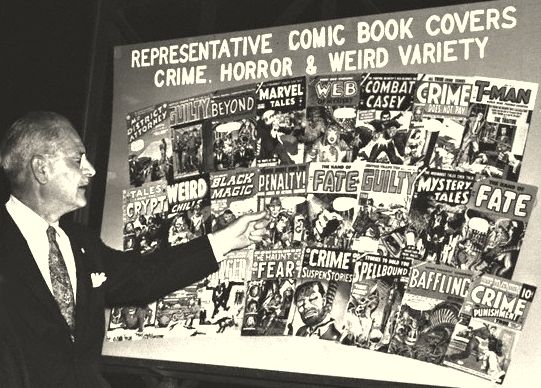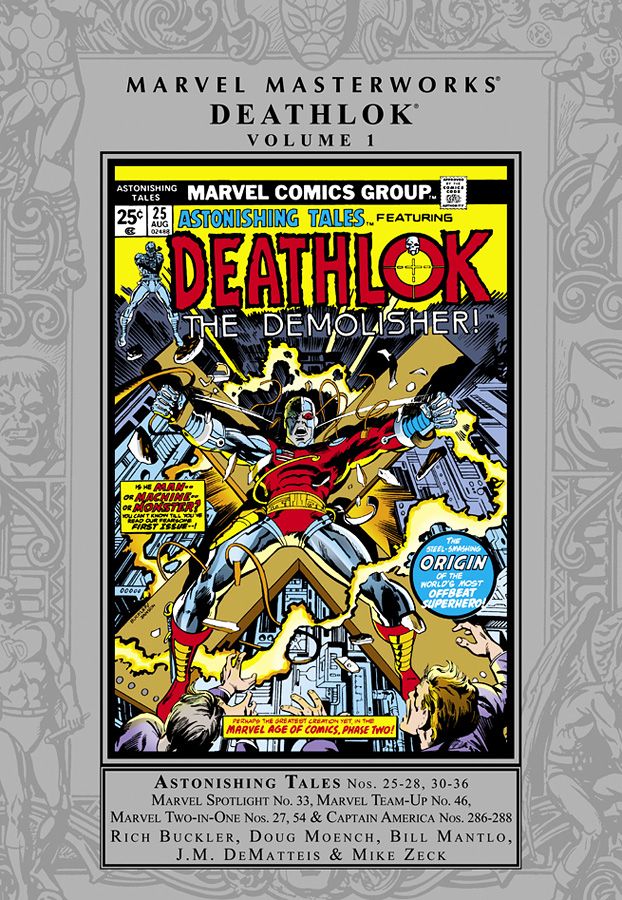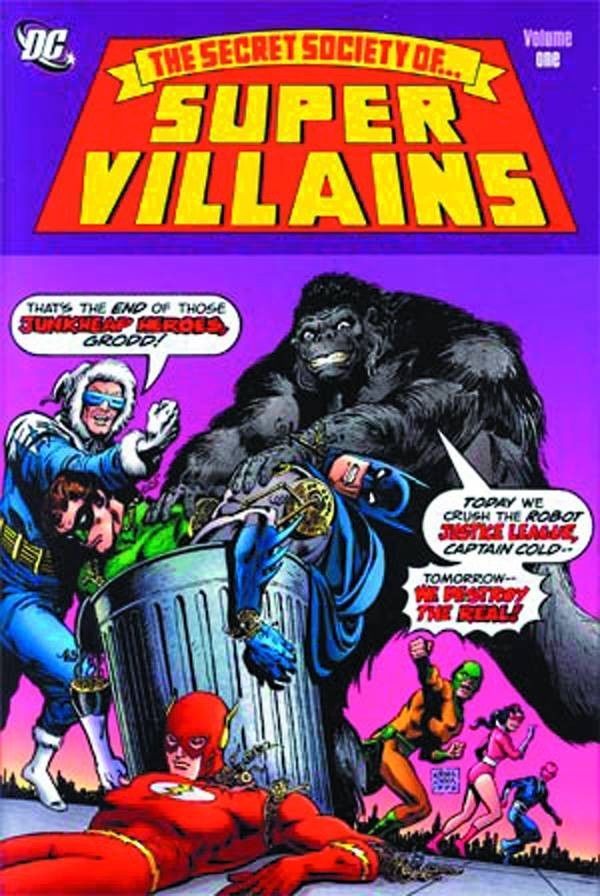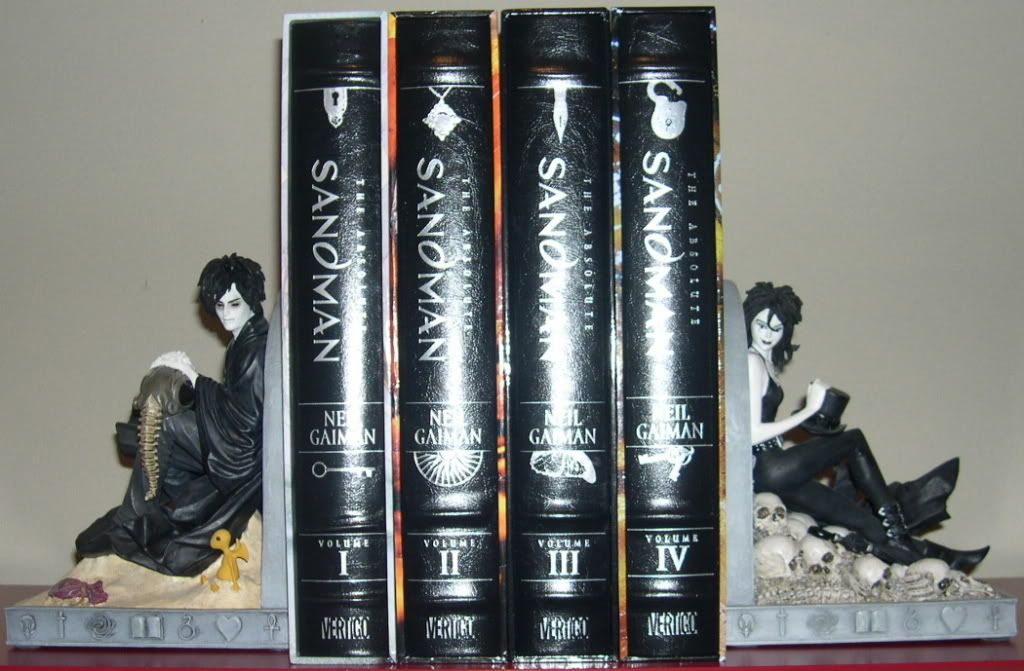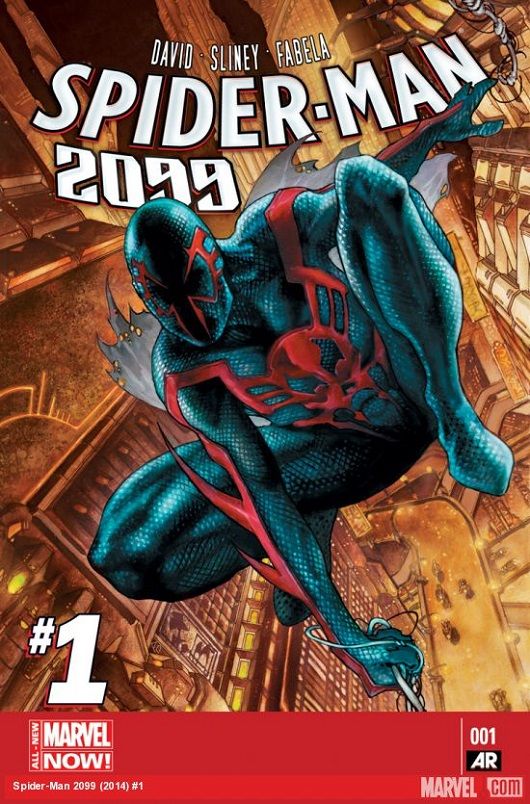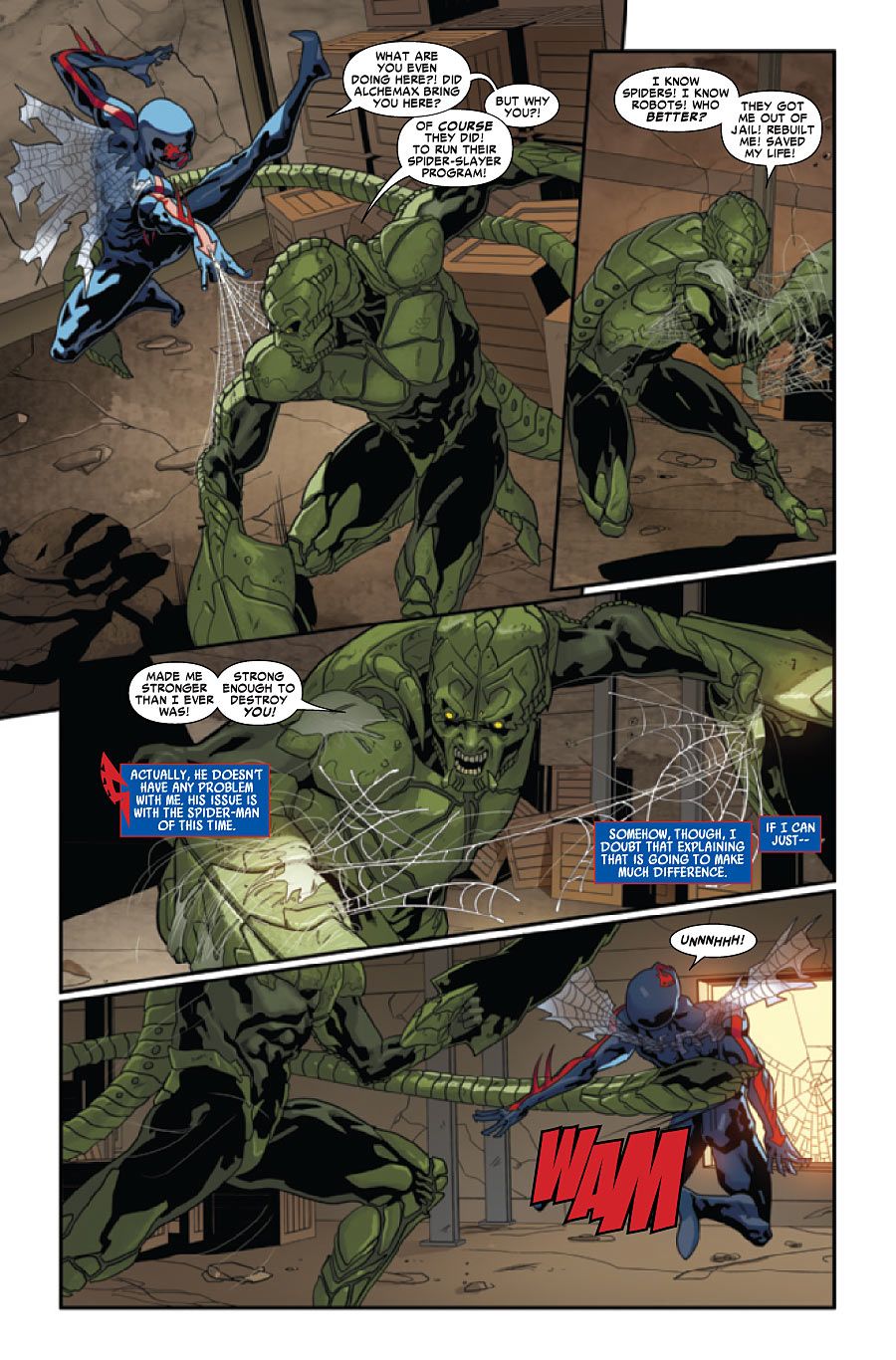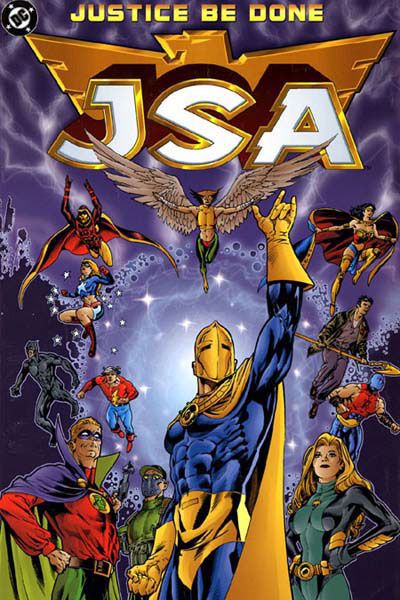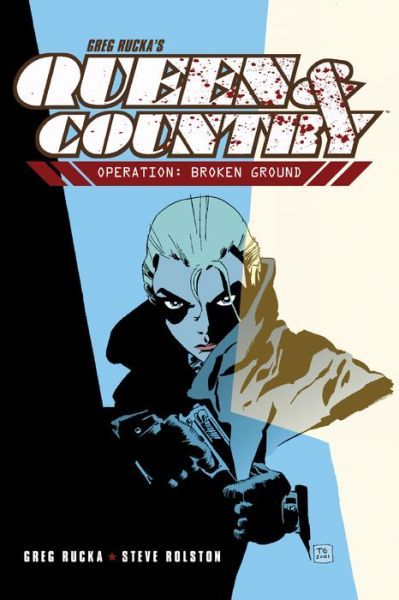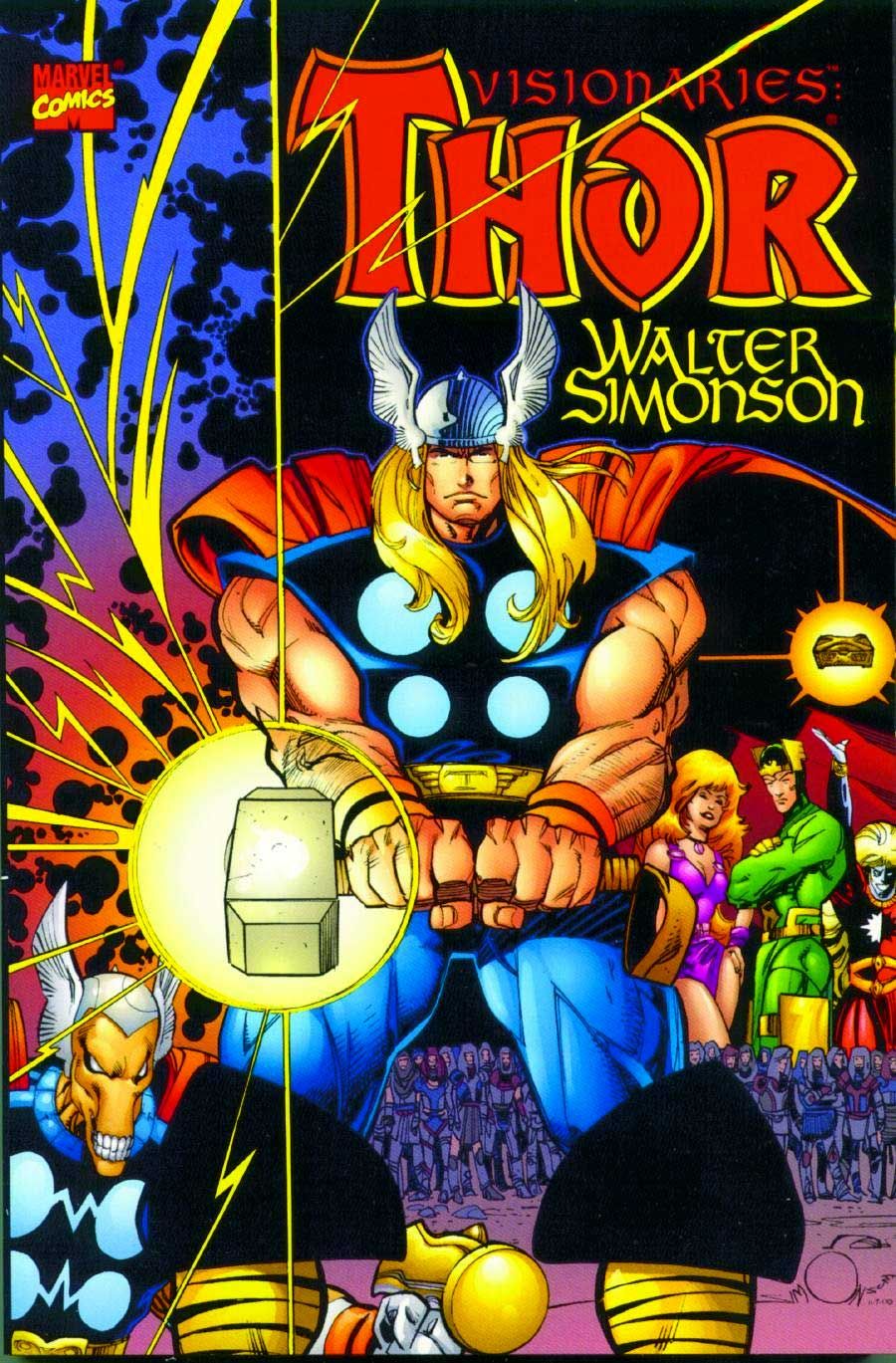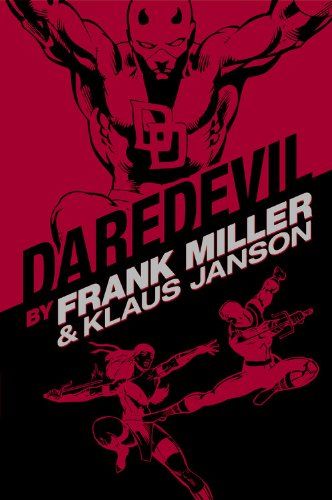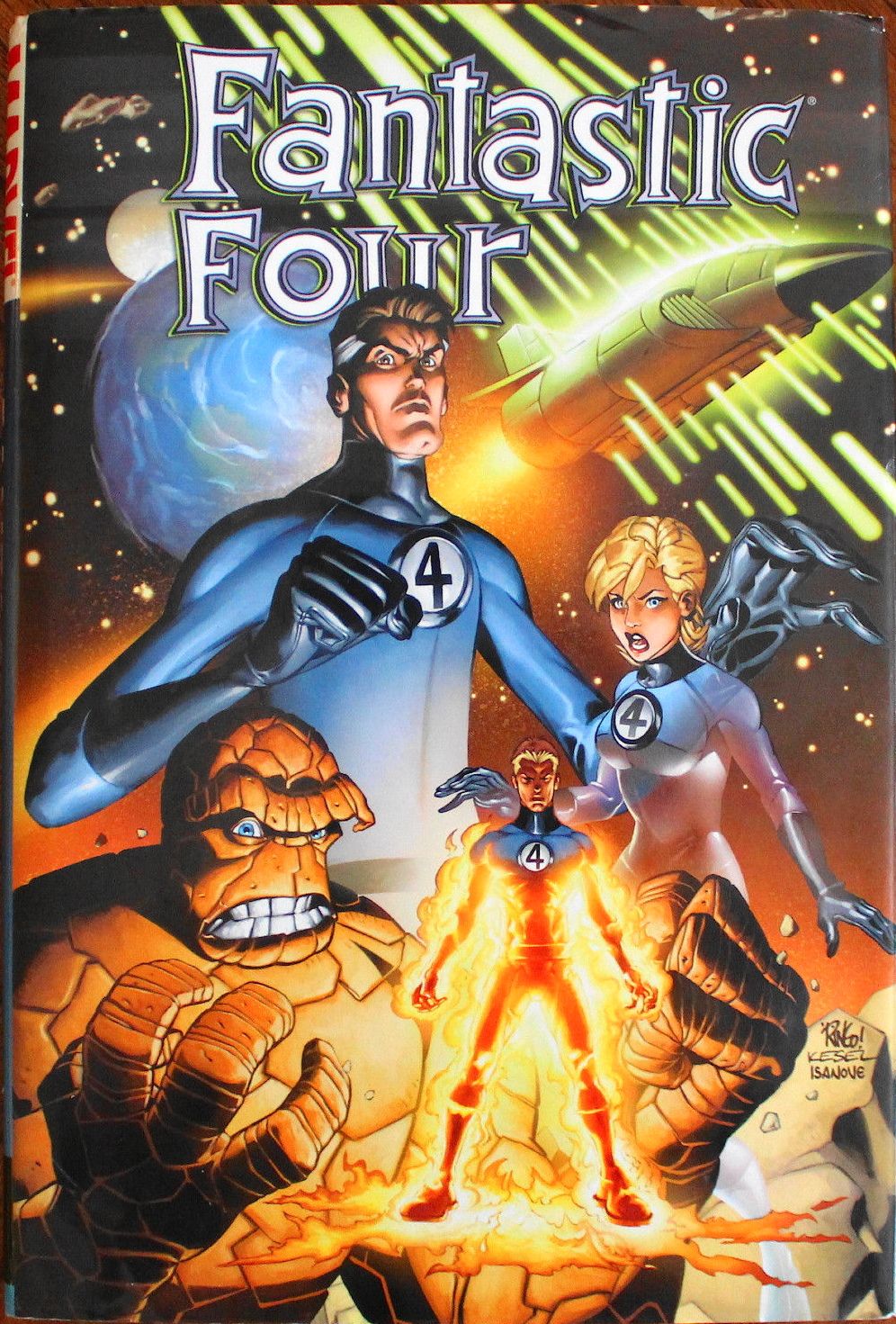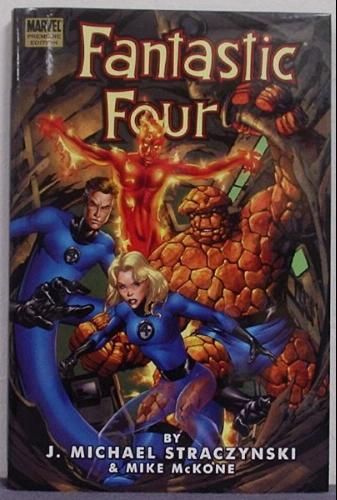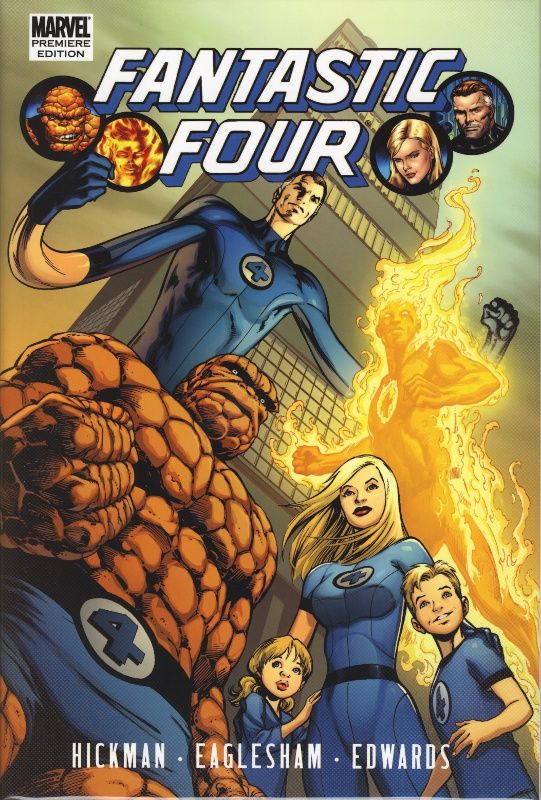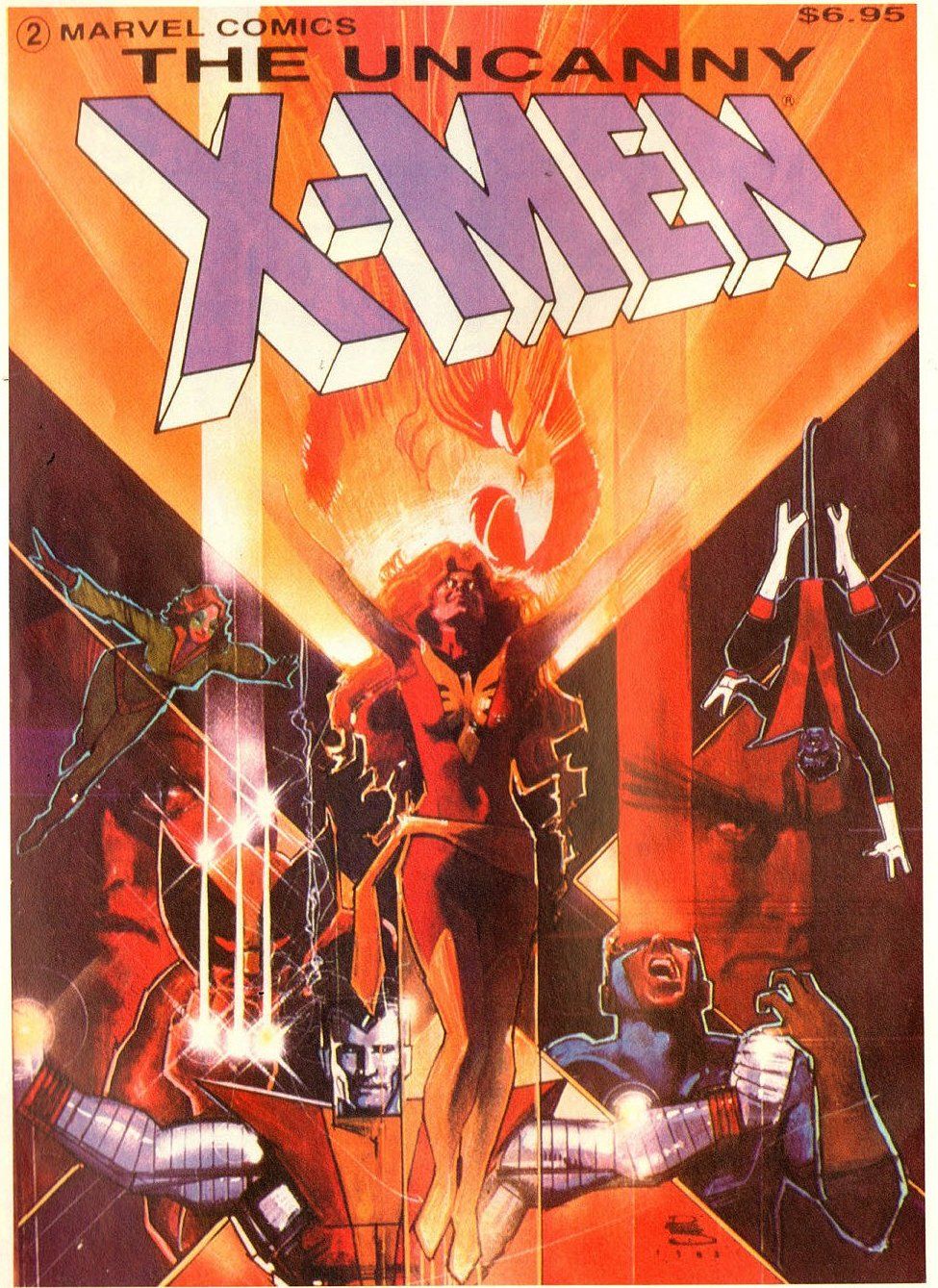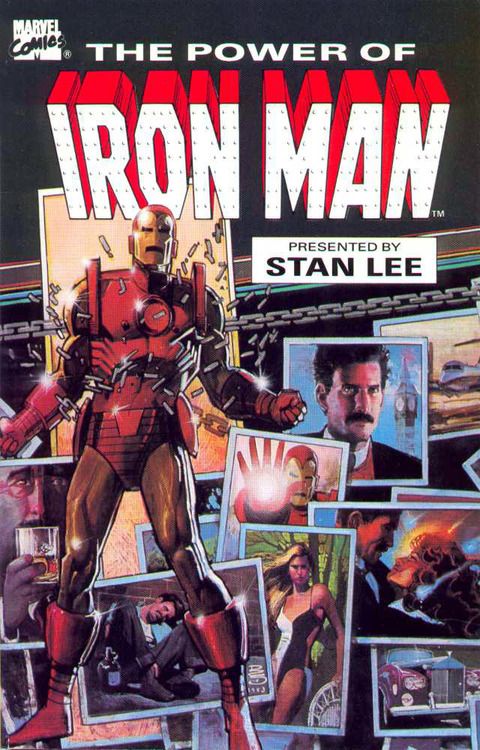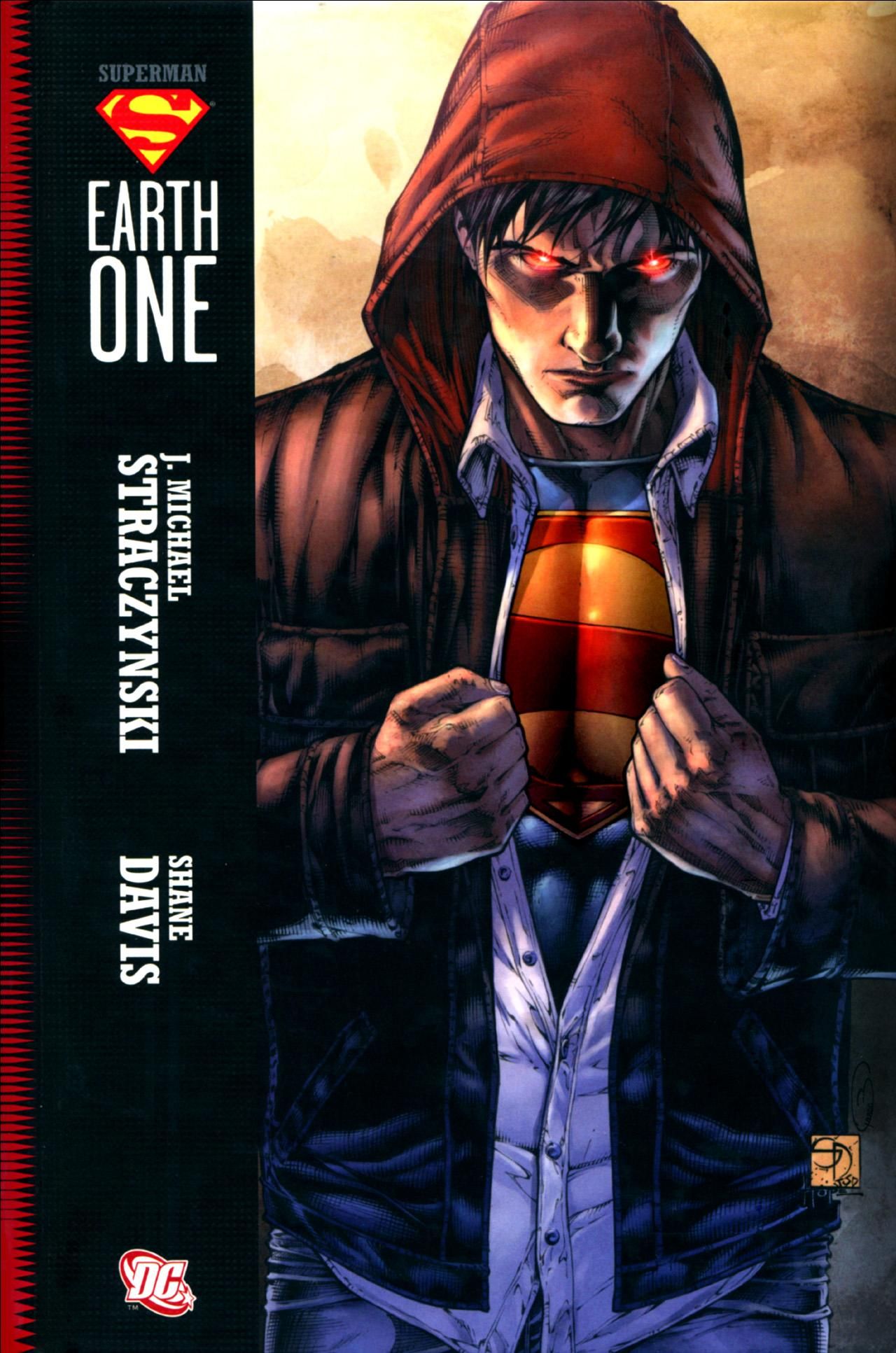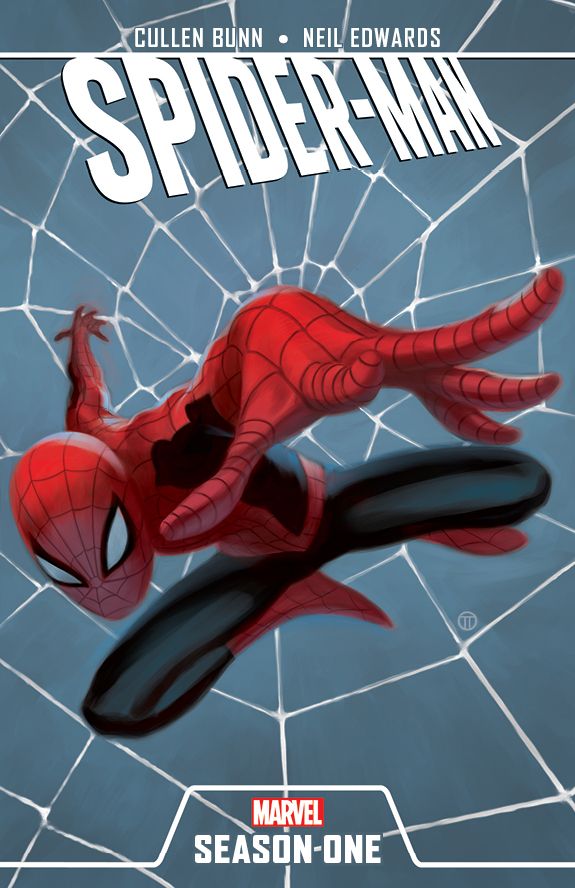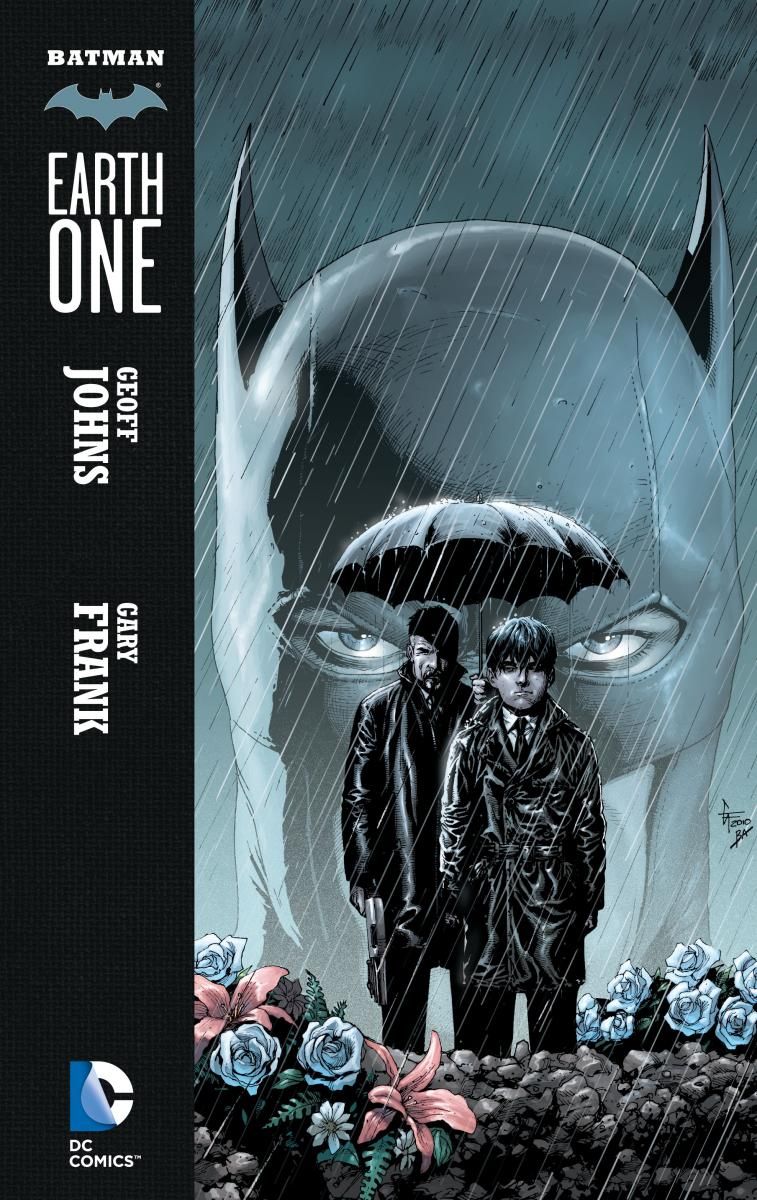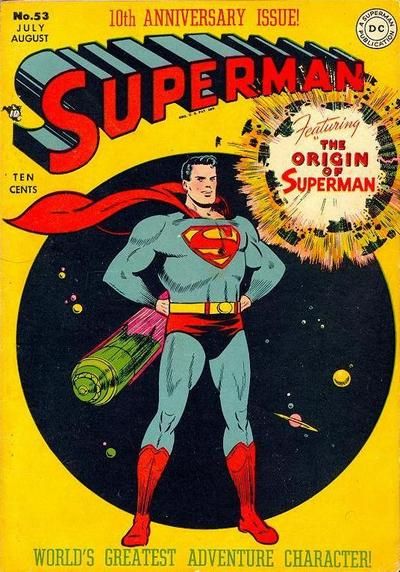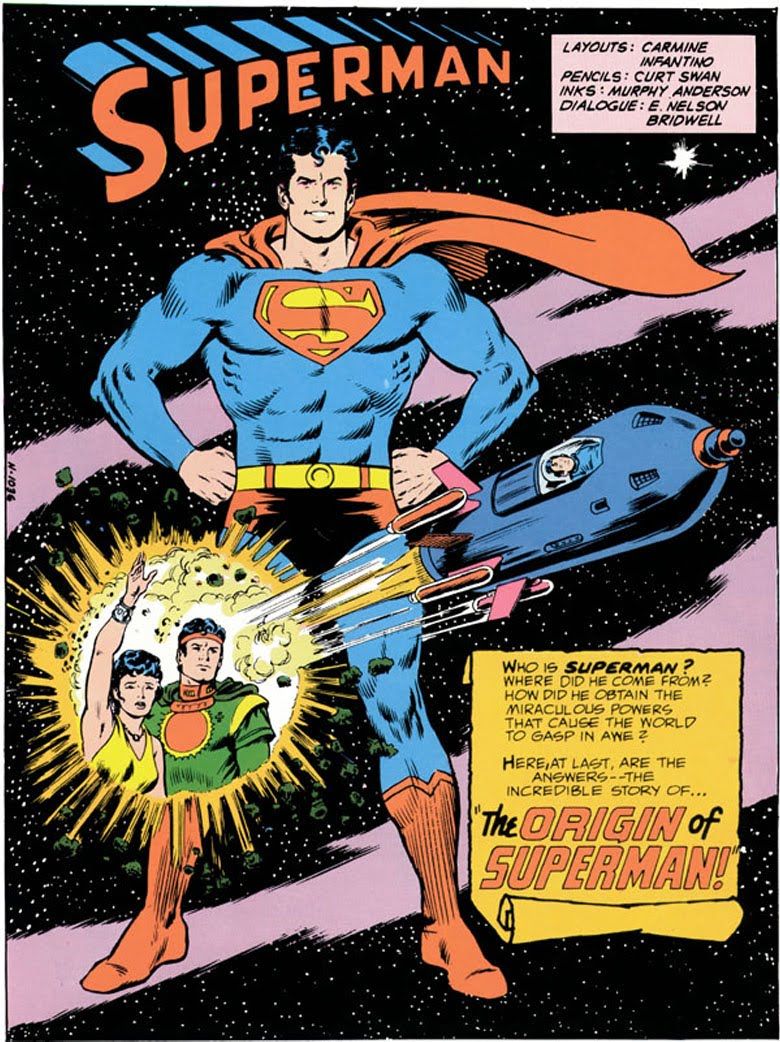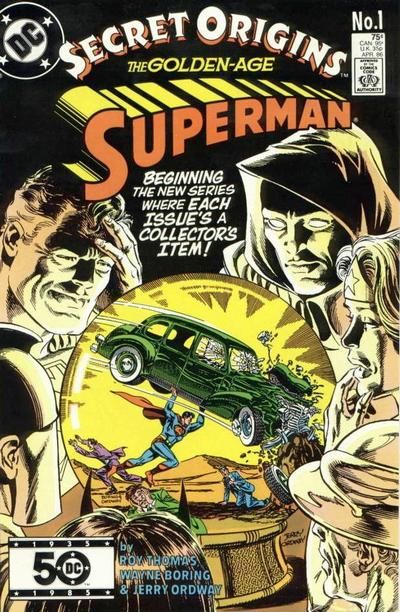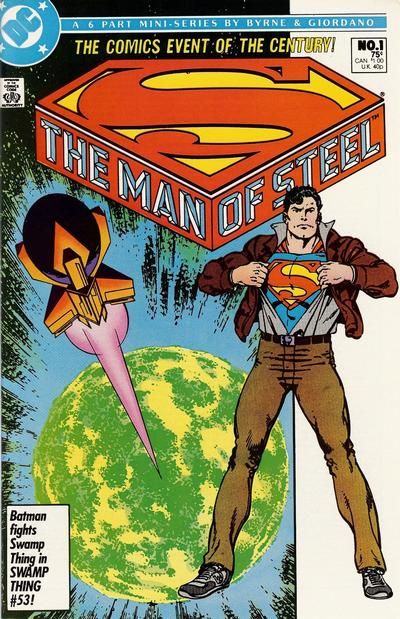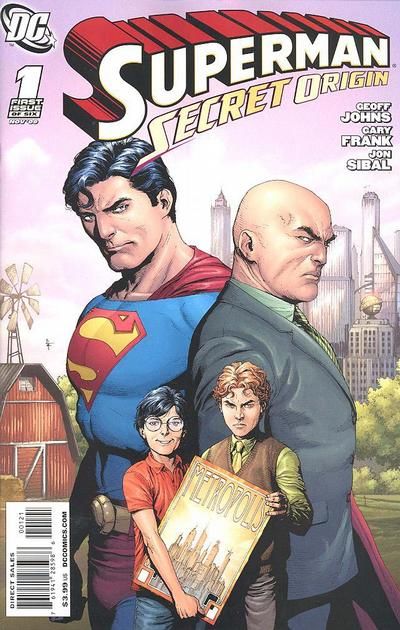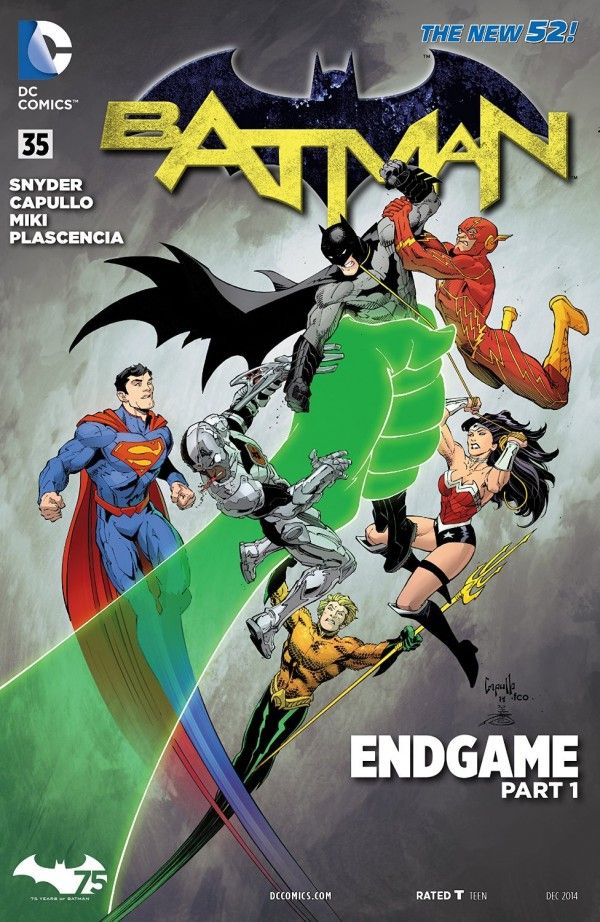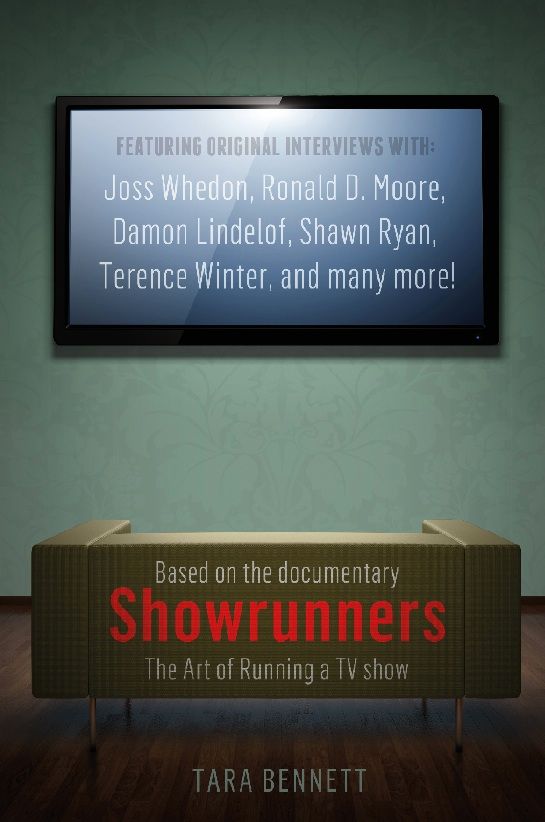This one's kind of all over the place, but it comes together eventually, I promise.
Two news stories this week caused me to have a really bad case of deja vu.
First of all, Peter David noted on his blog that X-Factor is ending with issue #20. He added a throwaway comment that "All I did was write a book that got tons of positive write-ups. Which I guess is enough to encourage people to buy it when it comes out in trades, oblivious to the fact that books get cancelled when you do that. Whatever."
I don't blame him for being frustrated, but as usual, the comics internet has seized on this comment as being some sort of personal insult to his readers. And maybe it is a bit snarky, but I don't see it as being aimed at readers. I took it as mild frustration with a publisher's marketing department that's looking at completely the wrong metric.
Let's break it down. Most of you probably know a lot of this history but just bear with me, okay?
Quick recap: Comic books started as disposable periodicals, the unwashed stepchild of newspaper comics. They were looked down on and sneered at and if parents or teachers caught a kid with one, it was a common response for the adult to scold the kid and grab the comic away. More often than not, the comic was thrown in the trash.
The history of comic books is mostly a tale of working guys laboring in a field they were vaguely ashamed of, hoping it would lead to something classier-- newspaper strips, magazine illustration, something like that. There weren't that many people that thought it was an actual art form, let alone that tried to do work of actual artistic merit.
It's taken about seventy years to really change that view of comics-as-trash, but it happened. I don't mean 'fun but ultimately disposable,' which is the compromise that a lot of creators have settled for. I mean the real thing. The culture has changed. Comics are genuinely valued as art now, teachers and librarians are encouraged to use them as teaching tools, and genre is no longer a factor. It's totally okay to like Superman and Spider-Man and the Avengers. Superhero adventure pretty much owns Hollywood at this point. We made it. We're respectable.
Here's the trouble. Mainstream publishers still act like they're putting out disposable trash magazines. Comic books have been seven-by-ten thirty-two page booklets, issued monthly (well, sort of) for decades. For no good reason. The word is out on the trade-paperback, collected-edition market, it's become absurdly popular. For those of us that still like comics-on-paper, it's our best option. And now there's even a hardcover edition followed by a softcover, just like, y'know, REAL books.
But apparently, according to Mr. David, Marvel doesn't track those numbers. It measures the popularity of a title by the sales on the single monthly issues.
Seriously? In the current specialty-shop, hobbyist environment where comic books are now? Where even short-run failures like the original Deathlok or Secret Society of Super-Villains, forgotten by all but the most hardcore, middle-aged fans (yes, my hand is raised, shut up) ... those titles get a hardcover collection?
Let alone all the different high-end editions that proven successes like Watchmen or Sandman get --hardcover, softcover, omnibus, annotated, "Absolute," "Artist's Edition," and so on and so on?
None of that stuff gets counted? Just the single issues? That's just crazy. I almost can't believe it... but Peter David came up through Marvel's sales department, he's got decades of experience and knows who to ask about this sort of thing. If he says that's how Marvel measures sales, he pretty much is the guy that should know what's what.
Look, I'll own up. I'm one of those readers that is guilty of waiting for the trade paperback. In fact, I'm especially horrible because I get a lot of my trades second-hand from places like Amazon or Half-Price Books. I can't afford new, most of the time. I'm a part-time schoolteacher who married a social worker. We don't have a lot of disposable income and most of it goes for used books and DVDs. I buy very few comics new in single issues any more; generally, it's the stuff I can't stand to WAIT for, and it's from creators who know how to pull off a solid comics-reading experience in 22 pages. (One of those that made the short list of my monthly purchases, incidentally, is the new Spider-Man 2099 scripted by one Peter David. Which is tremendous fun.)
But mostly I like reading my comics as books, not magazines. Especially now that we've had a decade or so of 'decompressed' storytelling as the default approach. But I also know that marginal books-- which apparently is anything that doesn't have Batman or Wolverine in it, these days-- if I want those titles to not get canceled, I need to buy them new.
So now there's another, secondary list of ongoing titles that I like, I want them to keep going... but I really don't want them in single issues, I'm okay with waiting for a collected edition. So my compromise has always been to buy those collected editions new, the week they come out. Dark Horse Conan. The pre-New 52 Jonah Hex from Gray and Palmiotti. Astro City. The Bendis-Maleev Daredevil. I started this over ten years ago, with-- dating myself here-- Queen and Country and the relaunched JSA. I hung in there with both series from start to finish, all in trade collections bought the Wednesday they appeared in my retailer's shop.
That's how long the big publishers have been doing this, putting bigger chunks of an ongoing series out as a collected edition, the same way a paperback edition follows a hardcover in the book world. It has been a pleasant surprise to me how many different series this is possible with today. Now it's routine for me to get specific runs by creators whose work I admire, with their names helpfully on the cover.
What's more, the packaging encourages this.
Marvel very specifically has separate books reprinting JUST Walt Simonson's Thor, JUST Frank Miller's Daredevil, on up to current stuff like Jonathan Hickman's Avengers (very different from Avengers by Brian Bendis or Avengers by Geoff Johns, both of which got separate sets) or Mark Waid's Daredevil, not to be confused with the Bendis-Maleev Daredevil or the Brubaker-Lark Daredevil. These are all sold in trade collections as SEPARATE series, even to differentiating the numbering on the volumes themselves from one creator to another. Here are three different Fantastic Four hardcovers I have here-- all three from runs of the regular monthly title, and all three with "Vol. 1" neatly lettered at the bottom of the spine.
For me as a reader, this is absolutely the best time ever to be a fan of this stuff. Frankly, I was on board with this approach practically from the day Marvel tried it back in the 1980s, with Iron Man and the X-Men. Specific runs in a nice book I can put on a shelf? HELL yeah.
So if Marvel is going to package their comics this way, why in God's name don't they pay attention to the sales on the books? Why don't they keep them in print longer than a month or two after they come out?
Because, somehow, they still think they're printing magazines for a newsstand. They track the single issues because they're the first publication and everything else is treated as a 'reprint.' That's all I can figure.
Even though that's completely insane.
I have said this many times over the last decade and I'm going to keep saying it till they figure it out. If you're going to be a book publisher then BE A GODDAMN BOOK PUBLISHER.
Comic books, as they exist today, are not magazines. Mostly, they are books published in pieces, a chapter a month. That monthly schedule goes out the window if an artist is late, or a writer is late, and readers have proven repeatedly that they just don't care about the monthly schedule if they're invested in the story being told. There's no such thing as an emergency fill-in issue by different "guest creators" any more. We just wait for Planetary until Ellis and Cassaday get it done. Because fiction doesn't spoil with age, it's not like Time magazine or the Wall Street Journal. Those are genuinely time-sensitive periodicals that become useless when out-of-date. Comics are not.
Here's the part that really makes me crazy. DC and Marvel, in particular, have huge, deep, corporate pockets. They each have custody of a collection of fictional characters that are beloved by millions, familiar on a planetary scale. You could go to a village in Rwanda and show a kid the Superman emblem and that kid would know what it was. Vandals in Bulgaria turned a monument to Russian soldiers into a celebration of our junk culture that included Wolverine, Captain America, and Robin the Boy Wonder.
The Avengers movie made a billion dollars-- that's billion with a "B"-- worldwide and it's still generating income. The Nolan Batman movies have done almost as well. So you'd think that publishing an original graphic novel featuring one or more of those characters -- a "book," as we old folks call them-- would be the safest investment ever, right? Especially today when creators as well as characters have a cachet with readers. And yet, when DC and Marvel timidly decide to try producing hardcover original graphic novels for the bookstore market, they go with... origin stories.
That's like starting a new restaurant, renting the snazziest space downtown for it you can get, buying ads all over the place, and then on opening night... you serve reheated leftovers. Did DC really need another origin for Superman to roll out the bookstore graphic novel line? When we already have these... and half of them are already available in bookstores.
That's not even counting non-comics stuff like the TV show Smallville or the recent Man of Steel movie. If there's anybody in fiction this side of Sherlock Holmes where a writer doesn't have to waste time explaining who he is, it's Superman. But that's where DC chose to go, and Marvel followed. At least with Marvel you could make the case that people don't really know Ant-Man or the Avengers all that well, but all-origins still seems like an awfully timid choice for "Season One." The only exception to this as far as I'm aware was the Warren Ellis-Mike McKone Avengers book "Endless Wartime," and I didn't see that get very much push anyway.
Look, if there's anybody with the kind of marketing muscle to get books in the front display window of Barnes and Noble, it's Time-Warner and Disney. They have no problem pushing their superhero movies and cartoons on DVD to a general audience. Someone should explain to them that they sell books that audience might like, too.
So there's all that, but what really got me thinking what the hell is WRONG with you? about the big superhero publishers is that the same week I found out that Marvel apparently only counts their single monthly issue sales as being worth noticing, DC floated the idea of raising the price on regular monthly Batman comics to $4.99. This has got a lot of folks pretty upset, including Batman's current writer.
Now, both DC and Marvel have floated the idea of raising single-issue prices past $2.99 before, and got slapped down pretty hard for it. But it's coming. Most indie singles are already priced at least a dollar higher than that and at the very least you can expect the majors to match them. But those factors don't matter anyway, because the raw materials and labor that we use to make the things keep going up in price. Not just creator salaries, but everything. Paper, ink, the people to run the presses that put the ink on the paper, all of those costs have skyrocketed in the last decade. And the audience has gotten consistently smaller for monthly comics over that same time period. The market is shrinking and the costs are rising, so publishers have two alternatives-- raise prices or quit.
At least, those are the only alternatives that Marvel and DC seem to be looking at. That's what makes it so baffling and frustrating-- not just to me, but to people like Scott Snyder and Peter David, too, I imagine. How the hell did we get to a place where Marvel Comics can't figure out how to sell an X-book with Quicksilver in it when DAYS OF FUTURE PAST is an international hit at the movies? And DC apparently can't sell enough BATMAN comics at the current price to show a profit despite all the movie hype and the 75th anniversary? Really?
The reason I am having déjà vu about all this is because it feels an awful lot like the mid-seventies to me. From 1975 to 1980 or so, comics publishers were having this same vaguely panicked reaction. The audience was going away, the sales venues were disappearing, price hikes came more and more frequently. There were a lot of pros who were saying things like, "In five years there aren't going to be any comics."
So there was a frantic scramble to re-invent what we were doing. After a couple of years of flailing around, the direct market happened, and newsstands were completely abandoned. We settled on being a hobbyist, collector thing instead of a mass medium.
And now the general population thinks that's what comic books are. It's the province of uber-nerds like you see on The Big Bang Theory. Regular folks clearly love superhero stories and genre material-- the current TV season with Gotham and Constantine and SHIELD and Arrow and The Flash shows that. They just don't want to get all embroiled in the comic-book-shop fan culture, especially since it apparently has a whole bunch of angry gatekeepers that can intimidate new folks from ever daring to check it out.
Now, this same week, as it happens, I've been reading my review copy of Showrunners, a terrific and fascinating book that expands on the new documentary of the same name.
There is a lot of discussion about how making a television series has changed, how the storytelling mechanics have morphed into something completely different, how the audience has splintered... and it's really amazing how many parallels there are to comics. You can almost substitute "waiting for the trade" for "binge-watching on Netflix" and see the TV writers making the exact same points that comics writers make about how the structure of storytrelling itself has changed to accommodate the new delivery system.
So here's the thing, the part where it all comes together. John Rogers, who did Leverage for TV and Blue Beetle for comics, and is currently showrunner on The Librarians and also helping Mark Waid get Thrillbent digital comics off the ground (he's got some credibility when he's talking about how to sell stories is what I'm saying) made a comment that really stuck with me.
I can't remember who wrote this, but it was a really great writer talking about newspapers, and he said that nobody likes to be alive during the revolution. Before the revolution is cool and after the revolution is cool, but not during. We're 'during' right now. Audiences are fragmenting, and nobody can quite figure out how to monetize other delivery systems, but you know what, although I occasionally come off as a giant socialist, I am a giant capitalist and I believe that the market always figures out a way. At some point, all of this is going to fall out and we are going to figure out some way. ...There is some way that this will work out where storytellers can make a living telling their stories. You'll adapt as long as you as writers are able to go, "All right, how are you going to let me tell my stories? I've got to learn that set of rules? I'll learn that set of rules."
He was talking about TV but it seems to me that applies even more forcibly to the current state of superhero comics. We are living in the 'during' phase of the revolution and right now it's the publishers, not the writers and artists, who need to learn a new set of rules. The creative types, especially the small-press indie types, are already doing it. They make webcomics, they crowdfund and self-publish. Instead of trying to push through the traditional comic-book bottleneck of persuading one distributor to market a book to an ever-dwindling specialty audience, they completely sidestep that and are using modern methods to try and grab a wider, general audience. And they aren't afraid of selling actual books, either.... they suit the format to the story they're telling instead of staying with an arbitrary, outdated newsstand model for size and page count.
Why Marvel and DC aren't doing that as well baffles me. After all, they have much easier access to TV and bookstores and feature films. This timid, tip-toe, recycle-the-hits approach to a potentially game-changing new way of selling comics has me completely at a loss, and with each passing year it gets to looking even sillier. Like they're saying BOOK PUBLISHER? DIFFERENT DISTRIBUTION? AAUGH NO NO NO LALALALALALA I CAN'T HEAR YOU WE NEED TO GET MORE MONEY OUT OF THE SAME 20,000 FANS BUYING THE THINGS ALREADY, THAT WILL SAVE US.
Wake up and smell the revolution, guys. Because at the rate things are going in both the comics industry and the printing industry, I can tell you that the standard 22-page monthly comic is going to be completely unsustainable economically, very soon. Easily within a decade, probably in less than half that time. You have huge deep pockets, Marvel and DC. Take a chance on something different and show it to someone besides the Wednesday faithful. We're not leaving... but there are fewer and fewer of us every year. Maybe you ought to consider trying to be a mass medium again, because TV and movies have certainly shown that the masses are out there. Maybe then you can stop punishing both the creators and the readers for your idiotic insistence on prioritizing the most expensive and inconvenient format you use to publish your stories.
Think it over, majors. Because the clock's ticking.
Everyone else, I'll see you next week.


